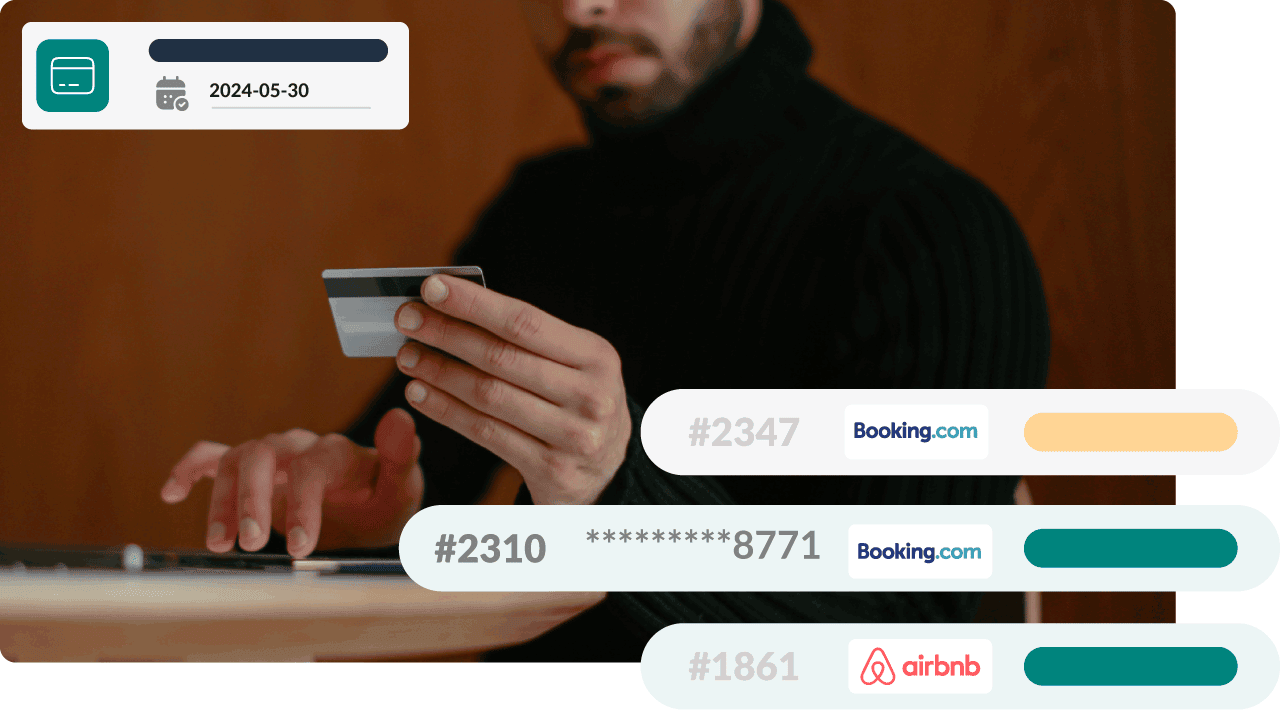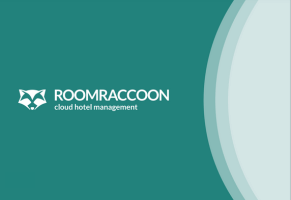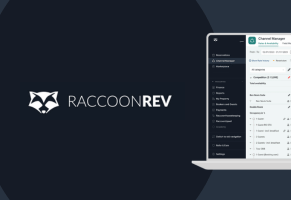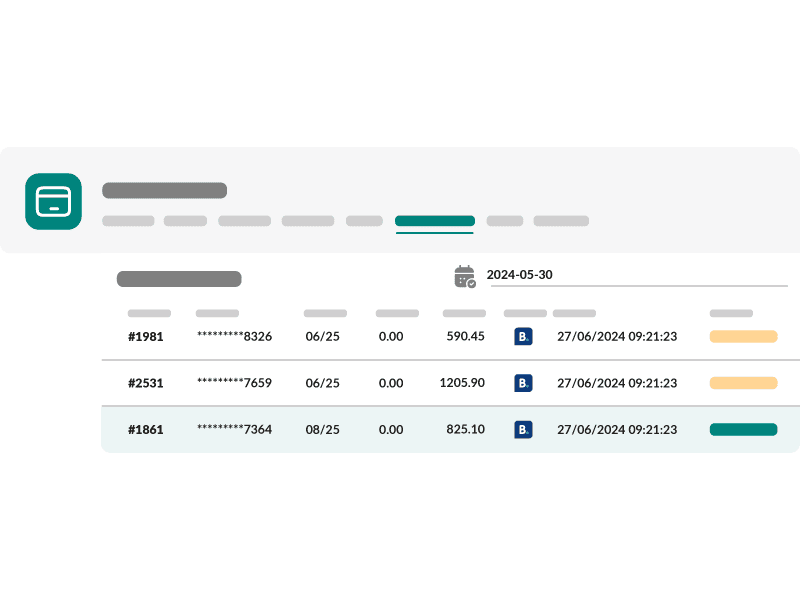CORE PRODUCT
A Quick Guide to Managing VCCs in the Hotel Industry
May 3, 2024 Nicky. M
Share this post

If you’ve dipped your toes into the world of Online Travel Agencies (OTAs), chances are you’ve encountered Virtual Credit Cards (VCCs) in the hotel industry. But are you maximising their potential and streamlining the way you work with VCCs? Yes, there’s a simpler way.
Dive into our quick guide to discover how this popular payment method has reshaped hotel transactions. What exactly are VCCs, and how can they easily fit into your operational dynamics? Find out more below.
What is a Virtual Credit Card (VCC) in the Hotel Industry?
A virtual credit card (VCC) is a digital payment method used for secure online payments. Much like their physical counterparts, a virtual credit card is issued with a unique credit card number, expiration date, and CVC, ensuring a robust layer of security.
Key Players and Processes
Within the hotel landscape, Online Travel Agencies (OTAs) such as Booking.com, Airbnb, and Expedia serve as the primary issuers of VCCs. Hotels that partner with OTAs and choose the “OTA Collect” option are no strangers to receiving payouts via VCCs for bookings.
When a hotel gets a booking from an OTA, they also receive a VCC that allows them to charge the authorised amount. OTAs activate the VCC based on their reservation policies.
For instance, with Booking.com, you can charge the VCC for non-refundable bookings on the same day as the booking date. However, for all other reservations, you can only charge the VCC when the reservation becomes at least 90% non-refundable.
Advantages of Using VCCs for Hotel Payments
1. More revenue security
When a booking is made through an OTA, the OTA assumes responsibility for managing all aspects of the online payment process, including any issues related to invalid credit cards, chargebacks, and fraudulent bookings. The funds for the transaction are authorised and loaded onto the VCC, and a notification is sent to the hotel for charging without any hassle.
2. Streamlined operations with a channel manager
Hotels using a channel manager benefit from the automatic import of VCCs with other reservation details, streamlining how you manage bookings from OTAs. On the flip side, property managers without access to this tool would have to log in to the OTA extranet for every booking and manually retrieve payment details, which can be time-consuming.
3. Improved cash flow with auto-charge
VCC activation times vary among OTAs, making it necessary for hotels to keep track of each OTA’s activation schedule to avoid delayed or missed charges. With a hotel management system like RoomRaccoon, you can enable auto-charge to ensure that when the VCC activates, it automatically gets charged, and you get paid faster.
Implementing VCCs for Online Hotel Payments
If you intend to charge VCCs that you received from an OTA such as Booking.com, you will require a Point-of-Sale (POS) system to remotely process the payment. This process is similar to how you would process any other credit card payment. The payment can be processed on the day the activation date is set, which is typically the day the guest checks in.
Best Practices for VCC Usage in the Hotel Industry
Hotel payments are as diverse as the range of room types offered. From facilitating direct bookings on your hotel’s website to handling payments on-site and managing VCCs from OTAs, there is a significant financial movement that requires careful tracking and management.
Here are three ways how RoomRaccoon optimises your hotel payment workflow.
1. Auto-import VCCs into your PMS
If your property is connected to an OTA through a channel manager, this eliminates the need to monitor your email for payment notifications from OTAs, log into the OTA extranet, and manually retrieve the payment details for processing. By implementing a fully automated process, you can eliminate manual data errors and seamlessly integrate the VCCs into your property management system, allowing for efficient data management.
2. Fully integrated hotel payments
Typically, the use of VCCs can complicate the reconciliation process for hotels, as tracking and reconciling numerous virtual card transactions require additional time and resources. Luckily, hotel managers can benefit from a hassle-free payment processing experience with a fully integrated payment system. All payment-related data is stored in a single central location for reporting purposes, and payment processing is as simple as clicking a button.
As mentioned earlier, RoomRaccoon allows you to activate auto-charge, which means that the system monitors VCC activation dates and charges them on your behalf, ensuring that you have one less thing to worry about.
3. Virtual Credit Card dashboard
With RoomRaccoon, expanding your distribution mix by partnering with numerous OTAs has never been easier. Our dedicated dashboard for VCC management provides better visibility and tracking so you can focus on growing your business without worrying about managing multiple platforms.
This dashboard allows you to conveniently view and track the real-time status of your VCCs. By filtering the results by date, you can see which VCCs are being activated on the selected date along with additional information such as:
- To which reservation it belongs
- Currency
- VCC last digits (tokenised)
- Expiration date
- Current balance
- Original balance
- Associated booking channel
- Date the VCC was imported into the system
- VCC status
Checking Out
Accepting payments should be a seamless and effortless process for your hotel, whether the payment is made through your hotel’s website or a third-party booking platform. RoomRaccoon offers tailored solutions to independent hotels to simplify their operations, boost revenue, and create exceptional guest experiences. Sign up for a free demo to discover how RoomRaccoon can help you better manage VCCs and so much more!
Follow us
Nicky. M
Nicky is RoomRaccoon's Senior Content Manager, combining a love for travel with a practical approach to improving hotel performance through tech and insightful tips. Join her journey where travel, hospitality, and technology meet.
Related Posts
Subscribe to our newsletter for more on the latest hospitality & RoomRaccoon updates delivered straight to your inbox!






